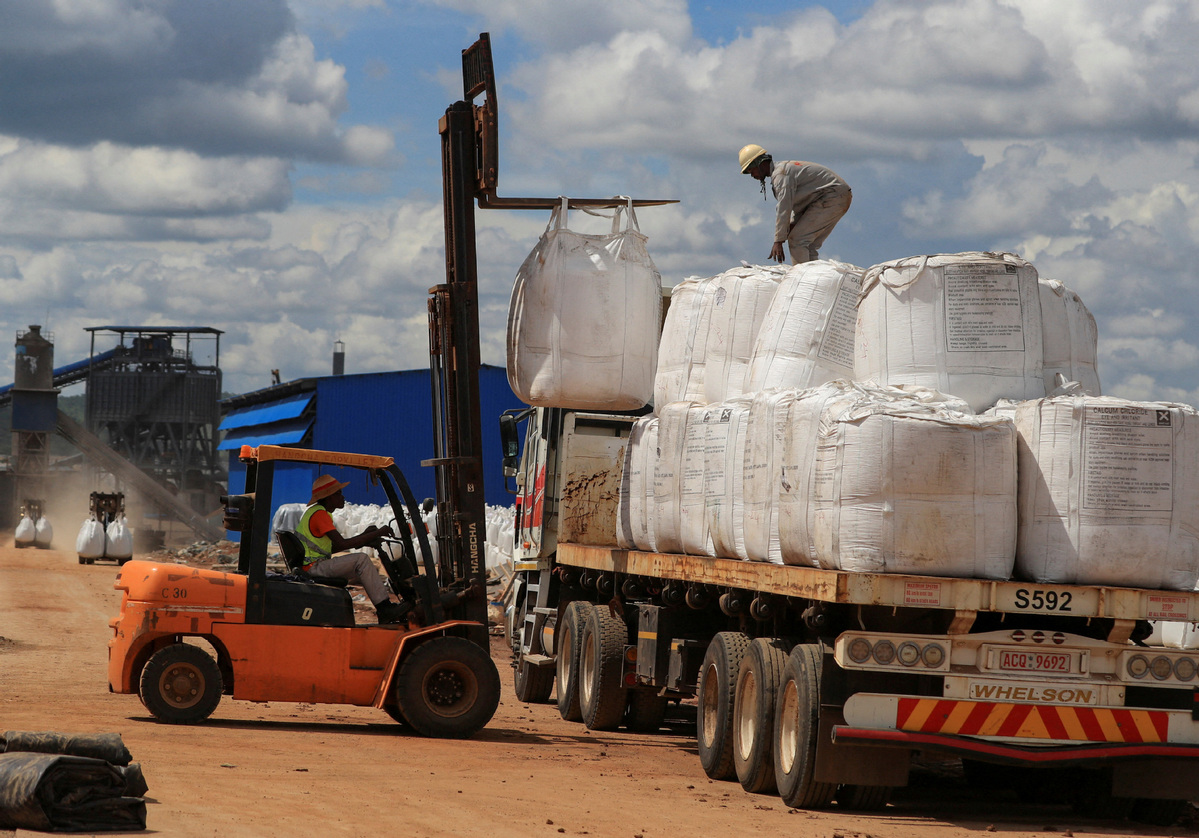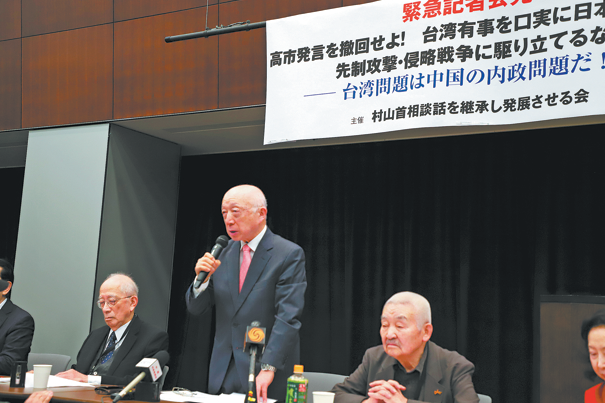AU renews calls for lifting of sanctions on Zimbabwe


The African Union has reiterated calls for the removal of sanctions on Zimbabwe, urging for an end of "coercive measures" that have caused lasting harm to the country's people and economy.
In a statement released during the Southern African Development Community Anti-Sanctions Day, on Saturday, African Union Commission chairperson Mahmoud Ali Youssouf issued a renewed and unequivocal appeal for the immediate and unconditional lifting of all unilateral sanctions imposed against Zimbabwe.
The AUC chairperson reaffirmed the continental body's full solidarity with Zimbabwe, expressing concern over the continued negative impact of the measures, which he said have persisted "for far too long."
"These unilateral sanctions represent a significant impediment to the socio-economic development of Zimbabwe and the broader SADC region," Youssouf said, without mentioning the specific countries that have imposed sanctions to Zimbabwe, including the United States.
"They have severely constrained Zimbabwe's access to international finance, deterred foreign direct investment, and increased the cost of doing business," he said.
The AU, he added, remains "unwavering in its commitment" to mobilize international support for Zimbabwe until the punitive measures are fully lifted.
Across the country, Zimbabweans marked Anti-Sanctions Day over the weekend in the capital Harare with renewed calls for the unconditional removal of Western restrictions imposed more than two decades ago, according to local media reports.
At the event, President Emmerson Mnangagwa said the country would remain resolute in pursuing economic growth despite the "illegal sanctions," which he said were meant to punish Zimbabwe for asserting its sovereignty and right to equitable development.
"Through sanctions, some Western countries sought to punish us for asserting our sovereignty and pursuing equal economic development for the benefit and prosperity of the people of our beloved motherland, Zimbabwe," Mnangagwa said.
He noted that despite the constraints, Zimbabwe's economy has continued to grow, with progress in food security and self-sufficiency through climate-resilient agricultural programs.
"Comprehensive people-centred programs have enhanced our agricultural productivity, allowing the country to attain food self-sufficiency," he said.
However, Mnangagwa emphasized that sanctions continue to limit Zimbabwe's access to international credit and financial markets. "Regrettably, the illegal economic sanctions have fundamentally disrupted our ability to access global lines of credit," he said, adding that his administration has turned to home-grown financing models to sustain development.
Despite the challenges, he reaffirmed Zimbabwe's commitment to multilateralism and cooperation toward global peace, justice, and equitable development.
Martin Zharare, executive director of Citizens Against Economic Sanctions, echoed the call for unconditional removal of sanctions, saying they continue to impede economic growth and social development.
"The people of Zimbabwe stand firm with the government's position—we are not going to support any initiative to have sanctions removed with conditions," he said.
The United States first imposed sanctions on Zimbabwe in 2001under the Zimbabwe Democracy and Economic Recovery Act, restricting the country's access to multilateral financing.






























